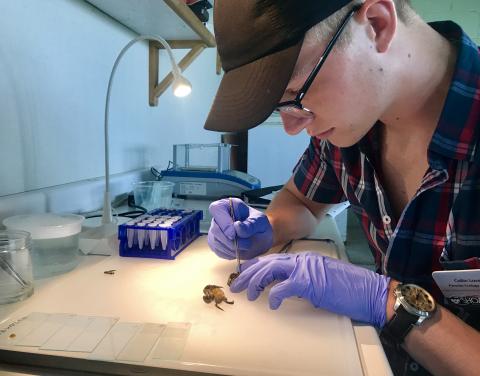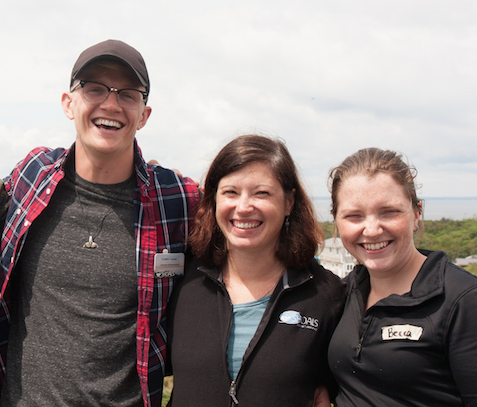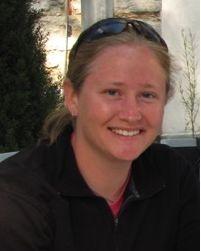Course Dates
June 2, 2025 to June 16, 2025
Prerequisites
One semester of college-level biology or equivalent.
Equivalent Note
ALL STUDENTS: See the Financial Support & Scholarships page for details about a course-specific award which can be applied towards the cost of enrolling in Marine Parasitology and Disease and other select SML courses for summer 2024.
Course Description

This course will focus on one of the most diverse and fascinating groups of marine organisms—parasites. The course will explore marine parasites and pathogens at multiple levels, including: (1) the evolutionary perspective with an emphasis on co-evolutionary relationships; (2) parasitic diseases and life cycles (from simple to complex); (3) taxonomic and phylogenetic understanding of parasite and host groups (with a focus on metazoan parasites and hosts); (4) ecological implications of parasitism in marine systems—at the population, community, and ecosystem levels; and (5) the effects of human-induced global change on parasitism in marine communities.
Students enrolled in Marine Parasitology and Disease will:
- Understand science as a way of knowing (i.e. test ideas using evidence gathered from the natural world).
- Learn fundamental facts, concepts, and theories in marine parasitology and disease.
- Understand evolutionary and ecological importance of parasites/pathogens in marine systems.
- Learn preparation and microscopy skills for parasite observations and identifications.
- Explore host and parasite diversity in the local marine environment.
STATUS
Course Numbers
Cornell: BIOSM 3330 (3 Credits)
UNH: MEFB 506 (4 Credits)
Faculty
Dr. April Blakeslee

Associate Professor, Biology Department, East Carolina University
Dr. April Blakeslee is a marine ecologist and conservation biologist, focusing on invasion biology, parasite ecology, evolutionary ecology, and biogeography. As an Assistant Professor in the Biology Department at East Carolina University (Greenville, NC), she has developed a diverse research program involving undergraduate and graduate students. Specific to parasites, Dr. Blakeslee explores global distribution patterns and biogeography, population genetics and population ecology in native and non-native populations, community ecology and host-parasite interactions of native and non-native organisms (including host behavior, physiology, and genetics), and parasites as conservation tools. She has been performing research at SML on marine parasitology and disease for the past 15 years.
Dr. Amy Fowler

Assistant Professor, Department of Environmental Science and Policy, George Mason University
Dr. Fowler’s general research interests and experiences include global aquatic invertebrate species patterns, biodiversity, phenotypic plasticity, parasitology, and community and population level interactions of aquatic invertebrates, especially those concerning invasions. She has experience working in freshwater, estuarine, and marine systems both in the United States and globally. Currently, her laboratory at GMU has three main topics of study: host-parasite interactions, invasion dynamics and processes, and natural resource management of commercially and recreationally important aquatic invertebrate species.
